So how much does marble actually stain? See link.
bayareafrancy
16 years ago
Featured Answer
Sort by:Oldest
Comments (28)
kitchendetective
16 years agobayareafrancy
16 years agoRelated Professionals
Greensboro Kitchen & Bathroom Designers · Peru Kitchen & Bathroom Designers · Wood River Kitchen & Bathroom Remodelers · Minnetonka Mills Kitchen & Bathroom Remodelers · South Barrington Kitchen & Bathroom Remodelers · Southampton Kitchen & Bathroom Remodelers · Westminster Kitchen & Bathroom Remodelers · Langley Park Cabinets & Cabinetry · Land O Lakes Cabinets & Cabinetry · Mount Prospect Cabinets & Cabinetry · Riverbank Cabinets & Cabinetry · Town 'n' Country Cabinets & Cabinetry · Atascocita Cabinets & Cabinetry · Beachwood Tile and Stone Contractors · Chattanooga Tile and Stone Contractorslascatx
16 years agokitchendetective
16 years agoalku05
16 years agokitchendetective
16 years agoigloochic
16 years agooruboris
16 years agobayareafrancy
16 years agobayareafrancy
16 years agokitchendetective
16 years agotetrazzini
16 years agoteachbls
16 years agogregpetch
16 years agobayareafrancy
16 years agogregpetch
16 years agomondragon
16 years agoplllog
16 years agogregpetch
16 years agoplllog
16 years agonapagirl
16 years agohollybop
11 years agonancyocean
9 years agoHydragea
9 years agoKiwigem
9 years agolascatx
9 years agosjhockeyfan325
9 years ago
Related Stories

INSIDE HOUZZHow Much Does a Remodel Cost, and How Long Does It Take?
The 2016 Houzz & Home survey asked 120,000 Houzzers about their renovation projects. Here’s what they said
Full Story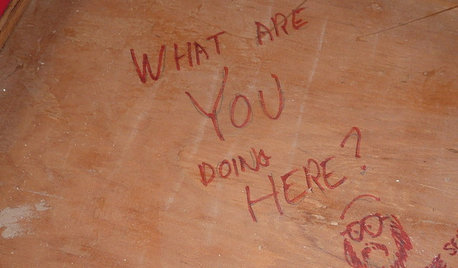
FUN HOUZZDoes Your Home Have a Hidden Message?
If you have ever left or found a message during a construction project, we want to see it!
Full Story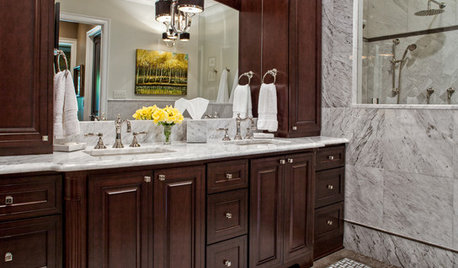
REMODELING GUIDESBathroom Workbook: How Much Does a Bathroom Remodel Cost?
Learn what features to expect for $3,000 to $100,000-plus, to help you plan your bathroom remodel
Full Story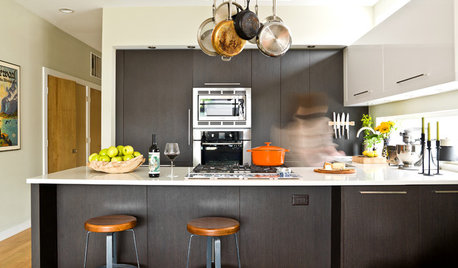
HOUSEKEEPINGHow to Clean Your Cookware So It Lasts
Avoid damage during everyday cleaning and stain scrubbing, with these tips for pots and pans made of popular materials
Full Story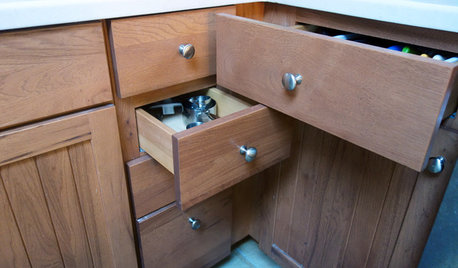
FUN HOUZZ10 Truly Irritating Things Your Partner Does in the Kitchen
Dirty dishes, food scraps in the sink — will the madness ever stop?
Full Story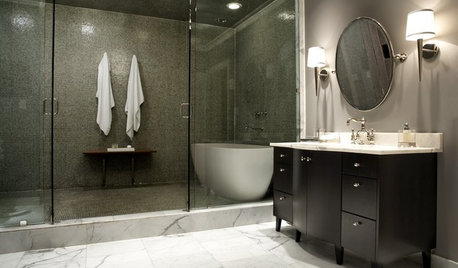
KITCHEN DESIGNUsing White Marble: Hot Debate Over a Classic Beauty
Do you love perfection or patina? Here's how to see if marble's right for you
Full Story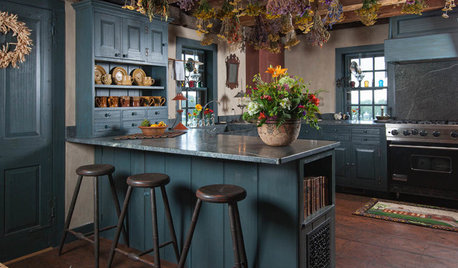
HOUZZ TV FAVORITESHouzz TV: See How Early Settlers Lived in This Restored Pilgrim House
Passionate restoration and preservation efforts give a 1665 home an honored place in the present
Full Story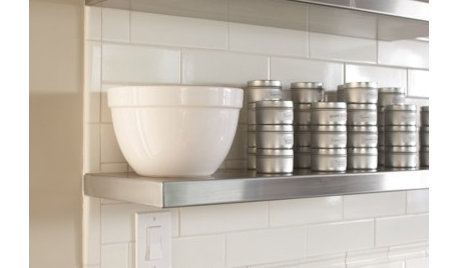
KITCHEN DESIGNHow Much Does a Kitchen Makeover Cost?
See what upgrades you can expect in 3 budget ranges, from basic swap-outs to full-on overhauls
Full Story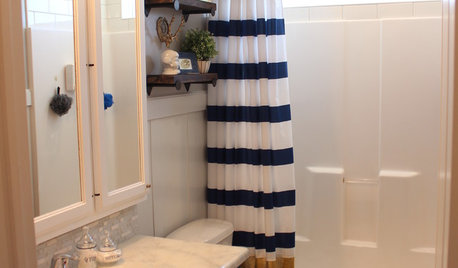
MOST POPULARShe’s Baaack! See a Savvy DIYer’s Dramatic $400 Bathroom Makeover
You’ve already seen her dramatic laundry room makeover. Now check out super budget remodeler Ronda Batchelor’s stunning bathroom update
Full Story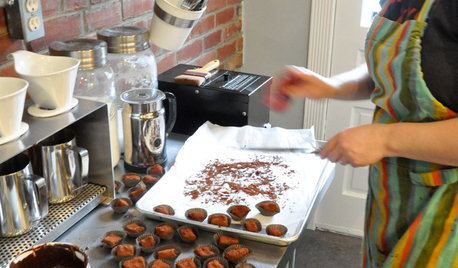
KITCHEN DESIGNLove to Cook? We Want to See Your Kitchen
Houzz Call: Show us a photo of your great home kitchen and tell us how you’ve made it work for you
Full Story





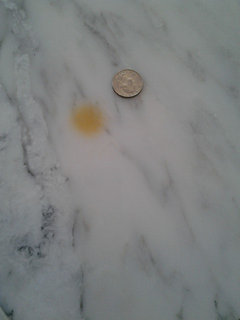
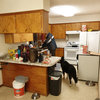
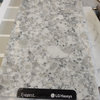

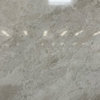
tetrazzini